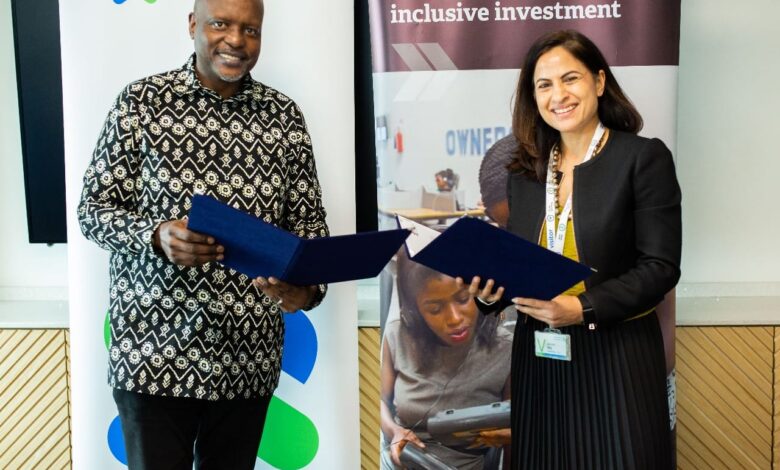
Standard Chartered Bank Kenya and British International Investment have signed a USD 100 million trade-finance facility that will widen access to affordable working capital for companies across Kenya and Tanzania. Announced in Nairobi on 15 July 2025, the agreement is projected to generate more than USD 450 million in gross trade transactions over its lifetime, boosting import and export capacity in agriculture, food production, healthcare, manufacturing and infrastructure.
How the Programme Works
The facility allows local corporates and SMEs to import critical inputs, pay suppliers promptly and extend their reach to new markets without draining day-to-day cash flow. Standard Chartered will originate and service the transactions while BII shares the underlying risk, freeing the bank’s balance sheet to support a larger volume of deals. By recycling capital quickly, the structure multiplies every dollar of the facility into more than four dollars of trade finance, expanding the economic impact.
Strong Gender Lens via the 2X Challenge
At least one-third of the portfolio targets women-owned or women-led enterprises under the globally recognised 2X Challenge. Meeting the 2X criteria means backing businesses where women hold significant ownership, senior leadership or board representation, or where the facility directly improves women’s access to quality employment and financial services. The focus builds on Standard Chartered’s broader commitment to women’s economic empowerment, including initiatives such as the Futuremakers Women in Tech Accelerator that equips 400 women entrepreneurs with funding and mentorship.
Why Trade Finance Matters in East Africa
Kenyan and Tanzanian SMEs routinely cite short trade-finance tenors, high collateral demands and foreign-exchange constraints as barriers to scaling. Unlocking working capital at competitive rates can:
- Stabilise supply chains by ensuring timely payment to domestic growers and manufacturers.
- Enable bulk purchasing, which lowers unit costs and raises margins.
- Support export diversification, cushioning firms against local demand shocks.
Improved access is especially critical for women-owned firms, which face an estimated USD 42 billion credit gap in sub-Saharan Africa despite proven repayment records.
Voices from the Partners
Kariuki Ngari, Managing Director and CEO, Kenya and Africa, Standard Chartered, said the partnership “empowers local businesses, especially those owned or led by women, by providing the capital they need to scale, trade and thrive,” reinforcing the bank’s long-term focus on sustainable growth and diversity. Seema Dhanani, Head of Office and Coverage Director for Kenya at BII, noted that “access to trade finance remains a critical constraint” and that the facility will help businesses “create jobs and expand their reach.”
Building on a Proven Partnership
The new programme extends a 2024 risk-participation agreement worth USD 350 million and continues a collaboration that began in 2013. Past iterations have channelled credit to frontier markets across Africa and South Asia, demonstrating the partners’ ability to deploy capital swiftly and transparently. The expanded scope aligns with Standard Chartered’s push into innovative financing—a strategy also visible in its recent blended finance revolution aimed at closing Africa’s USD 130 billion infrastructure gap.
What Comes Next for SMEs
Over the facility’s tenure, thousands of Kenyan and Tanzanian enterprises are expected to unlock new trade corridors, create jobs and embed themselves deeper in regional value chains. Women-led firms stand to gain priority access, supporting broader gender-equality goals and reinforcing Standard Chartered’s positioning as a catalyst for inclusive finance in East Africa.
Regulators and industry groups will watch closely to gauge how risk-sharing models can narrow the continent’s USD 120 billion trade-finance deficit. Success could spur additional partnerships and complement recent moves such as Standard Chartered’s repositioning in Tanzania, where the bank streamlined retail operations to intensify corporate banking support. Stakeholders can anticipate more targeted facilities, sector-specific credit lines and digital-first processing designed to speed up approvals and cut paperwork for SMEs.





